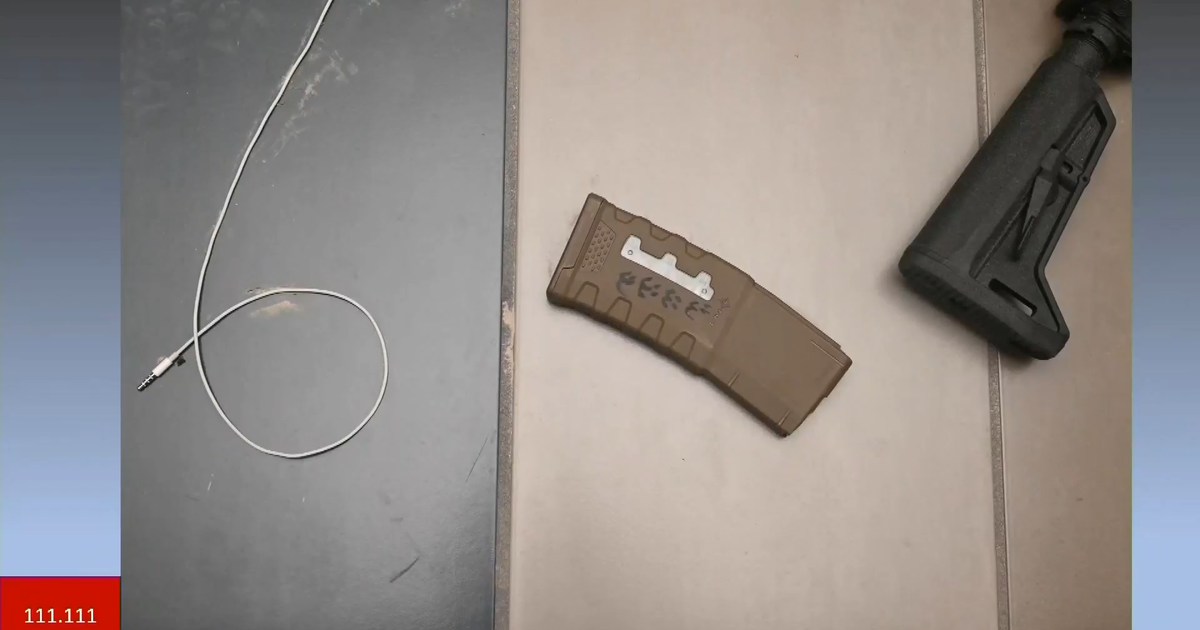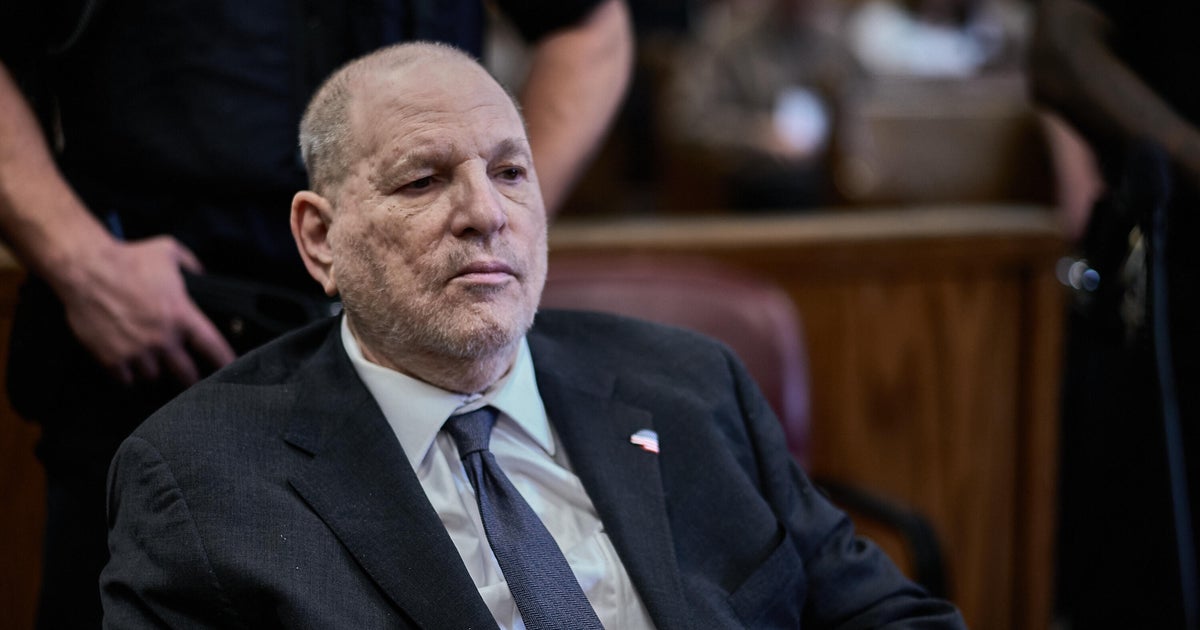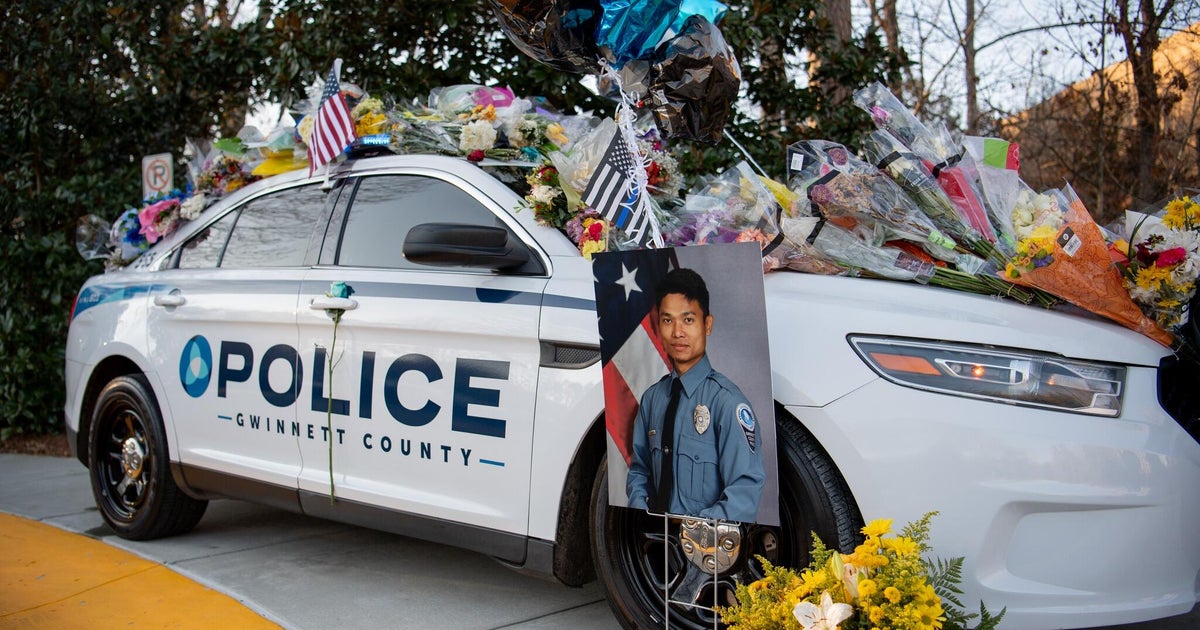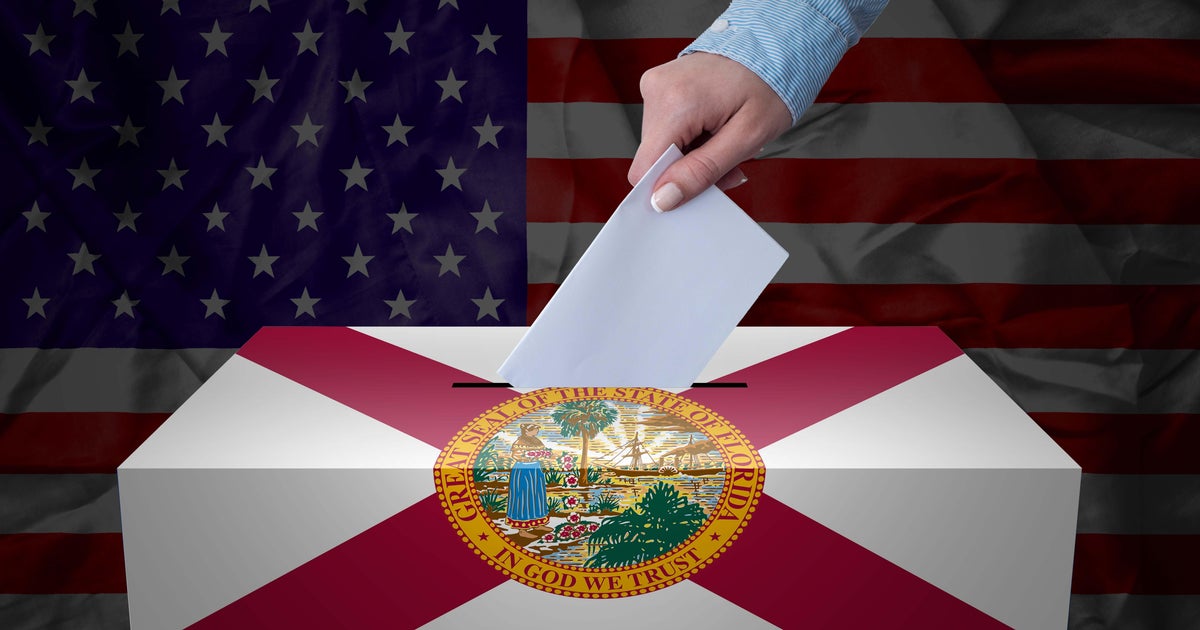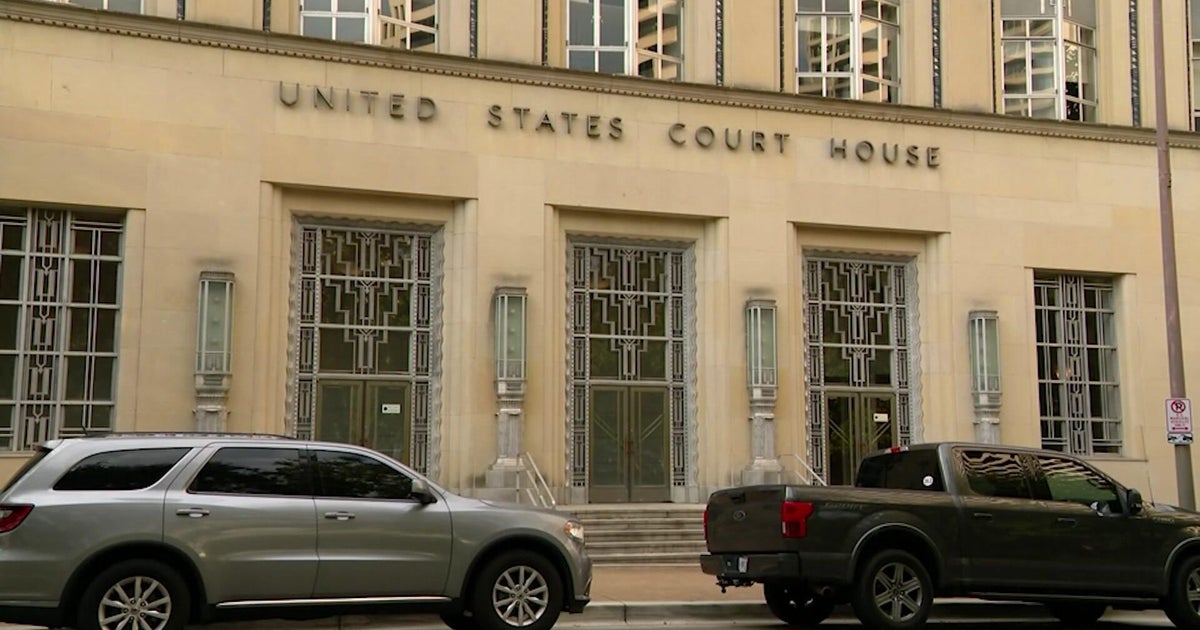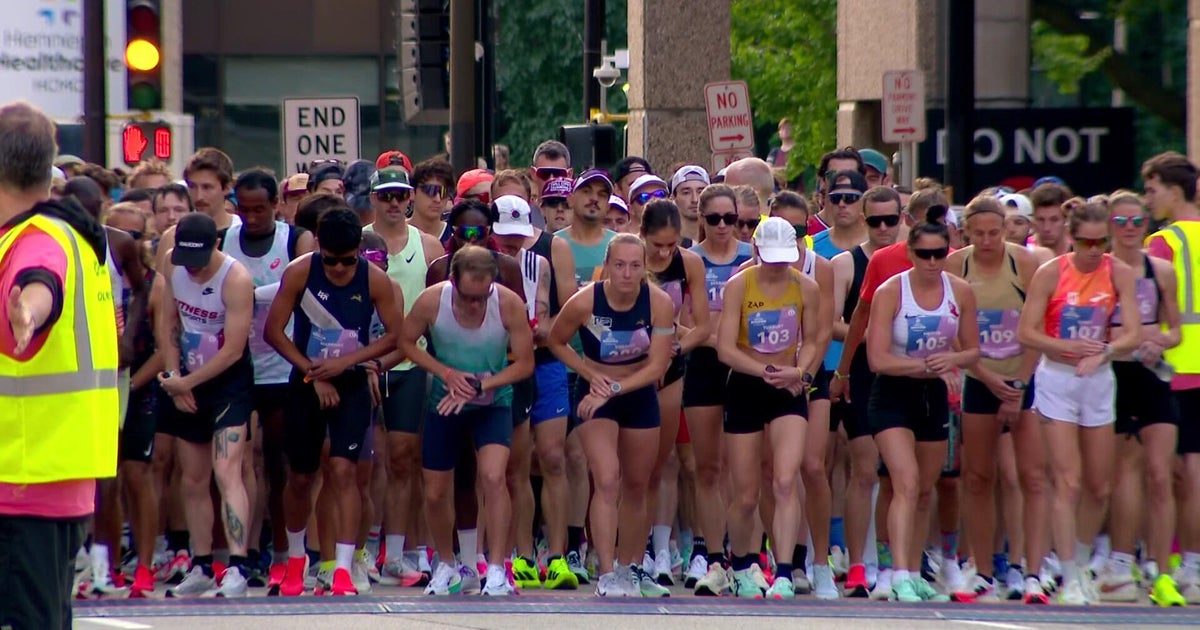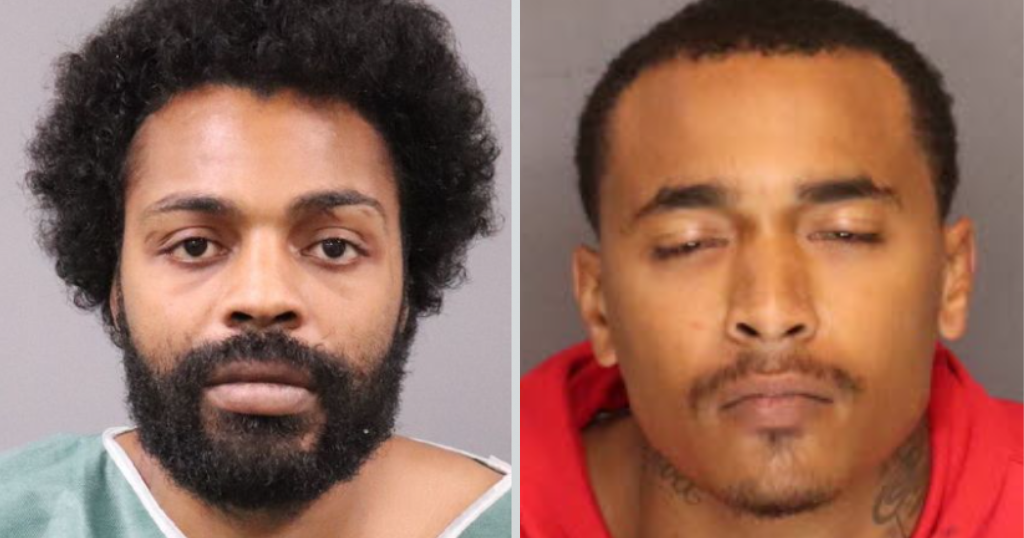Focus Shifts Back To Tsarnaev Trial After Boston Marathon
BOSTON (CBS) - The end of the 2015 Boston Marathon will barely be in the books before the city's attention returns to the end of the 2013 race.
On Tuesday morning, the penalty phase of the trial against convicted marathon bomber Dzhokhar Tsarnaev begins at federal court.
This second phase will look different than the first, according to former federal prosecutor Brian Kelly, now a partner at Boston law firm Nixon/Peabody.
"It's no longer about guilt or innocence," Kelly said. "Now it's about whether the death penalty should apply here."
Kelly's work as a prosecutor in the US Attorney's office helped put Boston mobster Whitey Bulger behind bars for life.
He expects phase two of the Tsarnaev trial to be arduous for jurors.
"This time around it will be more emotional because the focus will be on the victims from the government's perspective," he says.
But some of those victims are already speaking out, and they are offering a message the government probably doesn't like.
Last week, the parents of 8-year-old Martin Richard publicly asked government prosecutors to make a deal that would send Tsarnaev, their son's killer, to prison for the rest of his life rather than seek the death penalty.
And today, bombing survivors Jessica Kensky & Patrick Downes agreed with the Richard family, writing in their own prepared statement: "If there is anyone who deserves the ultimate punishment, it is the defendant. However, we must overcome the impulse for vengeance… It is time for us to invest our energy and resources in the future instead of in the past."
To be sure, not all victims and survivors agree that life without parole is the better choice. Still others, like survivor Lee Ann Yanni, are not making a public declaration.
"I have to leave it up to the jury," Yanni told WBZ this weekend. "That's what they're designed to do, what they were picked to do."
And attorney Kelly thinks it is unlikely the defense will try to tell the jury about the victims who want to spare their client's life.
"I don't think so because under our system, the views of the particular victims do not create a sort of veto power over the legal system," he said.
